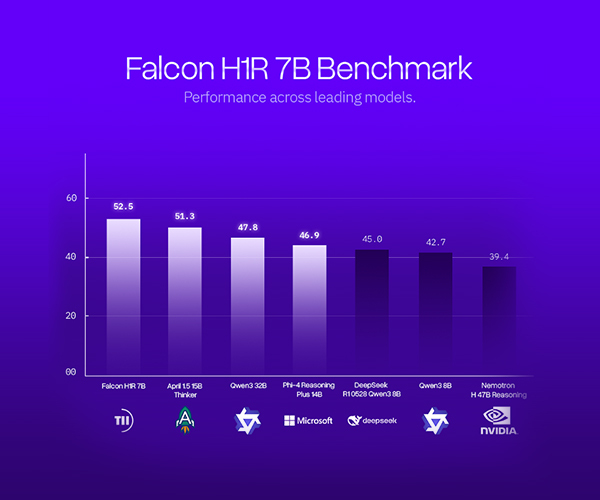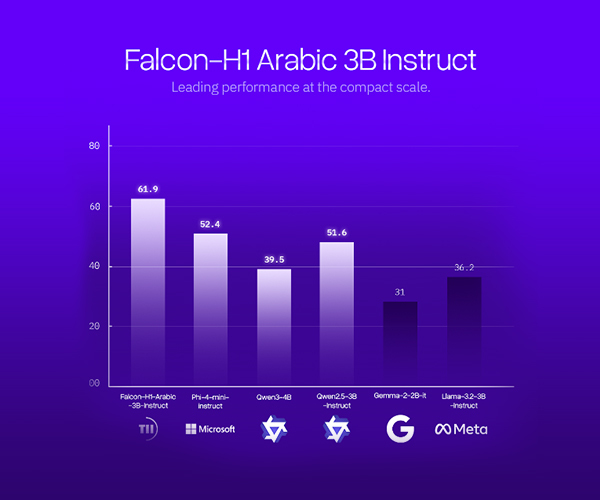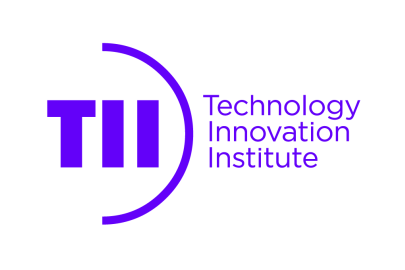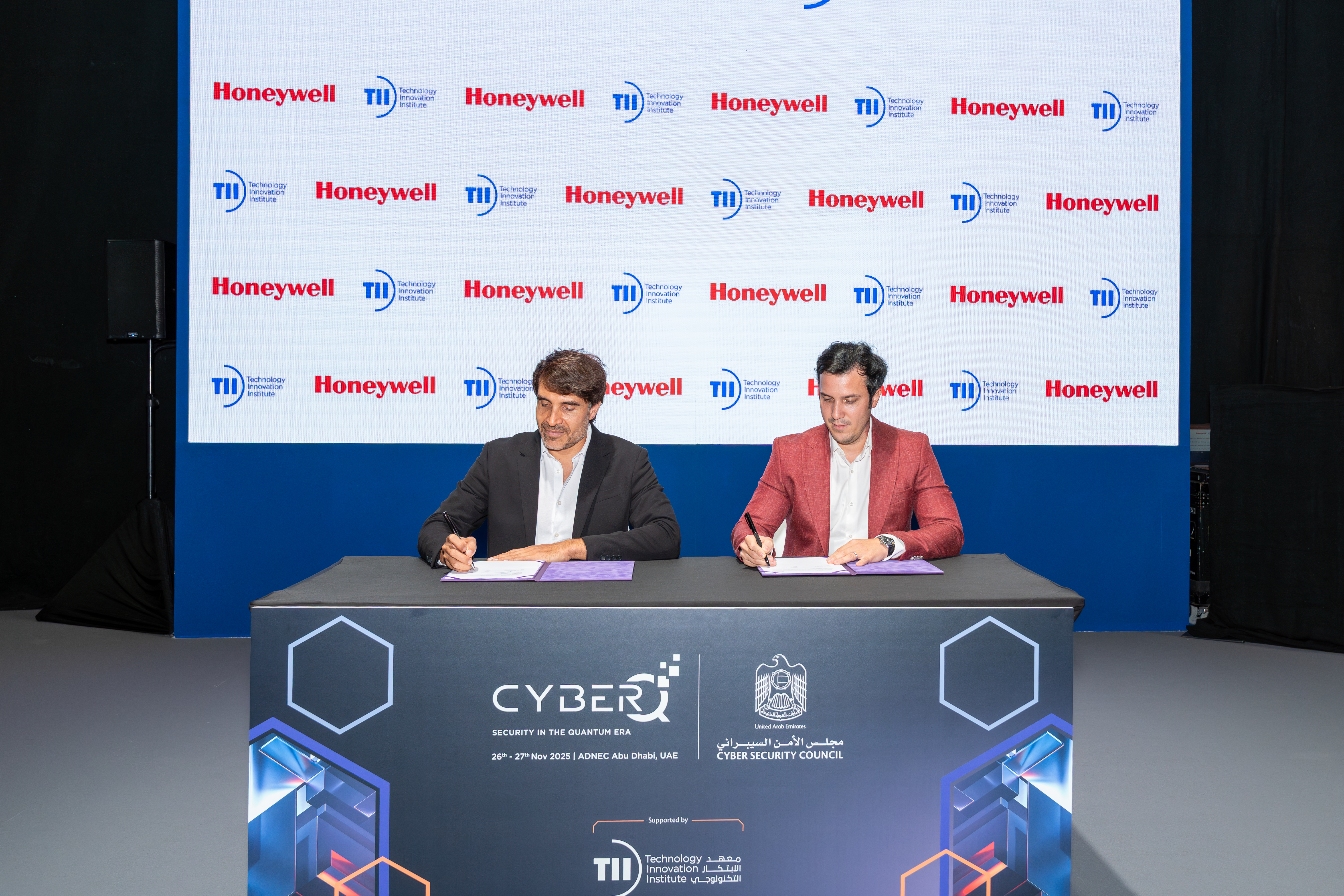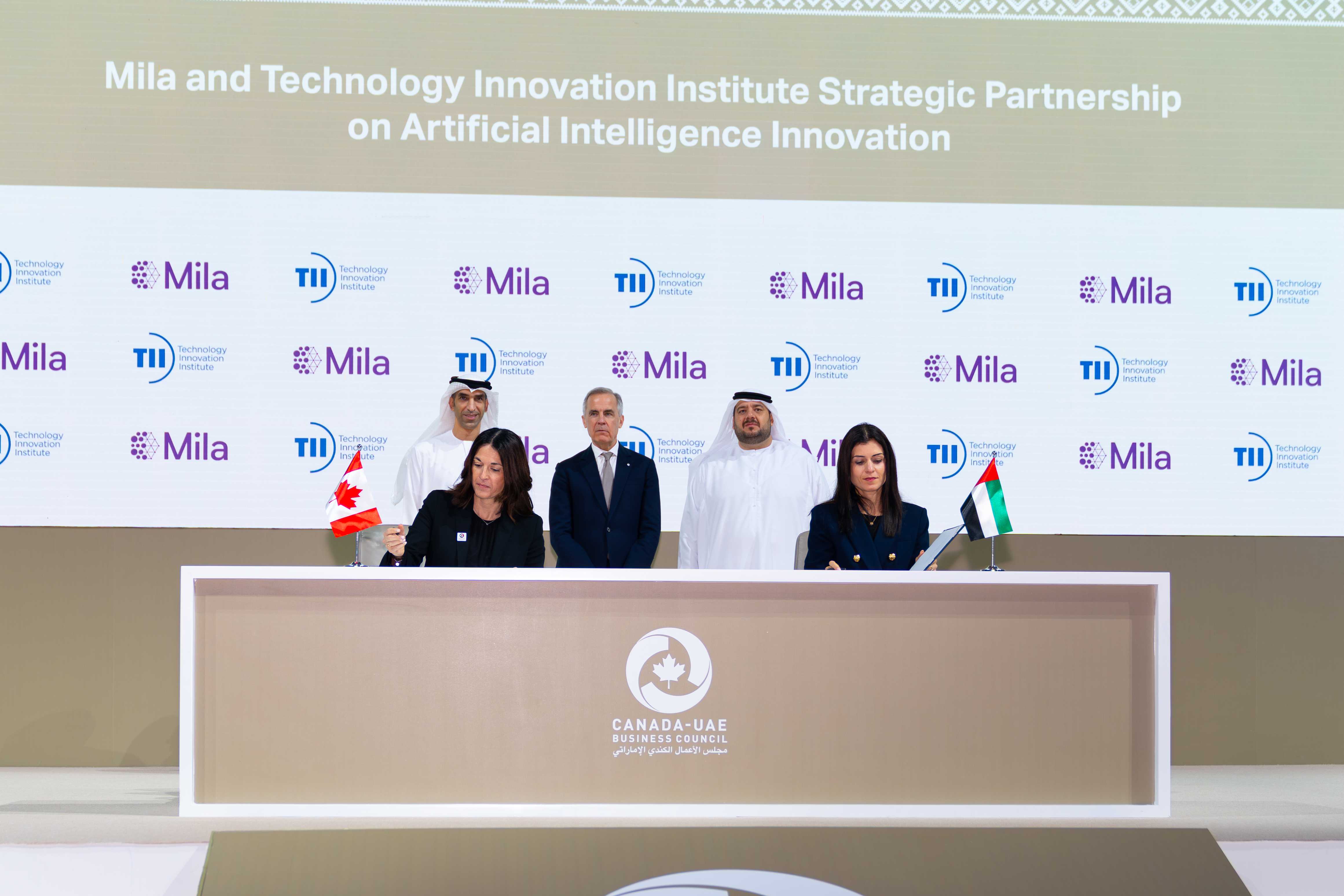
Congratulations to Marcus Engsig, Associate Researcher, Wave Machine Intelligence Department at our Directed Energy Research Center (DERC) for being selected to present a paper at the upcoming MATLAB® User Group Meeting!
Set to run on October 6 at the W Hotel in Yas Island, Abu Dhabi on the theme ‘Empowering Digital Engineering through Model-based Design’, the upcoming edition of the meeting will bring together MATLAB® and SIMULINK® users, developers, and industry experts to learn and share new ideas on how Model Based Design is an ideal framework to empower digital engineering and facilitate digital transformation within organizations.
Engsig will present a paper titled ‘Generalization of Higher Order Methods For Fast Iterative Matrix Inversion Compatible With GPU Acceleration’. The paper discusses matrix inversion, which is a cornerstone for solving linear systems and is a standard operation used in many aspects of numerical and physical modelling. Recent technological developments have led to greater reliance on big data processing, resulting in significant computational challenges when solving large-scale linear systems or inverting matrices.
Through the presentation, Engsig will explain the generalization of higher order methods for fast iterative matrix inversion compatible with Graphical Processing Units (GPUs), based off the Neumann series. This method, appropriately named the Nested Neumann is simple to implement, requires no real preconditioning, and yields fast inversion with negligible error.
The findings with this generalization method indicate that the rate of convergence scales linearly with the order, as does the computational cost. The paper also offers an appropriate factorization to make these higher orders competitive, despite the rising computational cost. With powerful GPUs, this generalization method is scalable and easy-to-implement, yielding an acceleration of 4-100x for large matrices when compared to MATLAB’s A\b or preconditioning conjugate gradient methods.
MATLAB® is a programming language and platform. It was developed by MathWorks and is trusted the world over by engineers and scientists for data analytics and the designing of systems and products. It integrates easily with SIMULINK® and Model-Based Design.


